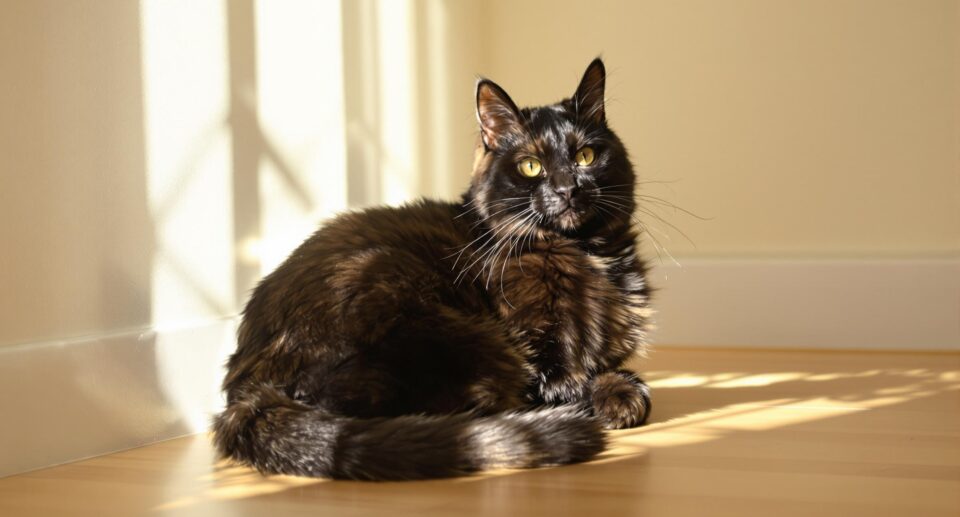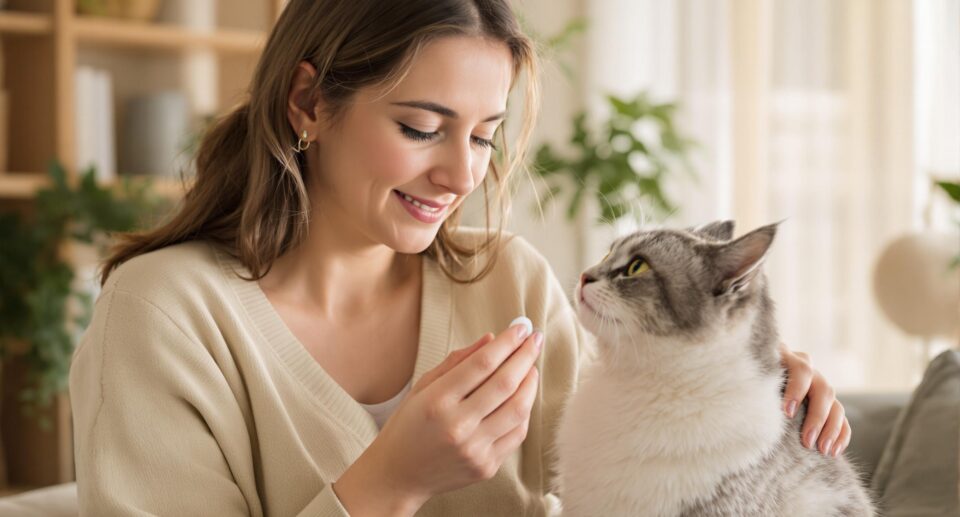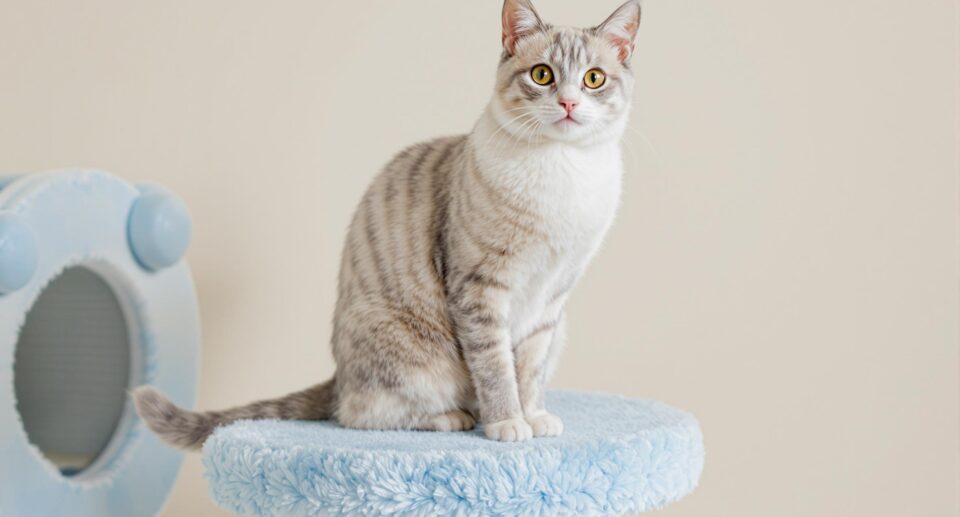
Every culture seems to have a unique belief about black cats. In Celtic mythology, they’re believed to be fairies in feline form. In Japan, they’re said to help single women attract handsome suitors. Despite a few negative superstitions, it seems that human civilization has, as a whole, recognized that black cats are special. But their mystique isn’t confined to myths and legends. Here are seven 100% true, totally fascinating facts about the beloved black cat.
1. Black cats can change color.
Black cats that spend a lot of time outside in the summer may have their coat bleached by the sun, resulting in rusty red tips. Also, as they age, the coats of some black cats become flecked with white or grey hairs.
2. There’s only one true black cat breed.
While black cats may be commonplace, few are purely black. Many have rusty red highlights, others have white markings or whiskers, and some even have tabby stripes that are only visible in direct sunlight. The purebred Bombay cat, however, has a true black coat with a black nose and paw-pads. Due to their high amounts of melanin, they often have a deep copper eye color that’s uncommon in cats.
3. Black cats may be more resistant to disease.
Scientists theorize that black cats are more resistant to disease for a few reasons. One, the coat color is more common than you’d expect of a recessive trait, suggesting that black cats may have other inherited qualities that make them stronger against disease. Also, the genetic mutation that presents as black fur is similar to one that causes resistance to HIV in people, suggesting that black cats may be more resistant to the feline form of the disease, FIV.
4. Most black cats are male.
The gene responsible for coat color in cats is located on the X chromosome, which, simply put, explains not only why almost all calico cats are female, but also why most black cats are male. Female cats need two copies of the gene to have a black coat color, while males only need one. If you see a black cat, there’s a 75% chance that it is a male.
5. Black cats have a mild personality.
While there is no solid scientific evidence on the connection between coat color and personality, an owner-reported survey from UC Berkeley suggests that black cats have a mild temperament free of extreme personality traits. Not overly affectionate nor terribly skittish, black cats tend to have an air of intelligent, laid-back mystique.
6. To proud parents, they’re known as “voids.”
If you’ve ever tried to photograph an animal with a black coat, you may have noticed how hard it is to capture their details and general shape. Black cats, in photos and in low light settings, tend to look like an astronomical black hole or a dimensionless shadow with a floating pair of piercing yellow eyes. This is why you might hear parents of black cats affectionately refer to their kitties as comforting “voids” that lurk in their home.
7. There’s an exclusive black cat cafe in Japan.
At cafe Nekobiyaka in Himeji, Japan, there are about a dozen adoptable black cats roaming the shop at any given time. Each cat wears a colorful collar to identify them. Once adopted, another black shelter cat is brought in to take their place. Over 300 black shelter cats have been adopted at Nekobiyaka.





